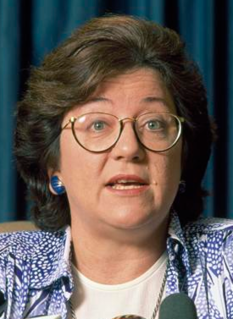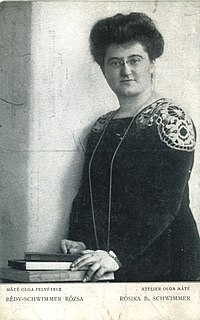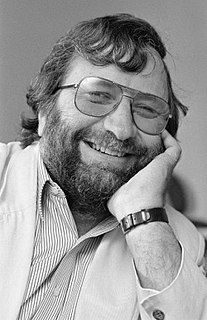A Quote by Salvador Minuchin
In all cultures, the family imprints its members with selfhood. Human experience of identity has two elements; a sense of belonging and a sense of being separate. The laboratory in which these ingredients are mixed and dispensed is the family, the matrix of identity.
Related Quotes
All over the world today people have a very strong desire to find a sense of identity, and at the same time that's coupled with the rise of absolutely absurd wars that relate to ethnic identity. Perhaps there is something deeply ingrained in people that relates to a sense of belonging, and without that, identity doesn't seem as real as it should.
I have a perhaps naive point of view informed by my own kind of snowflake-in-the-unique-sense rather than the political sense, personal story. I mean I feel like my experiences are so hard to map onto any kind of generalized identity. For example, I'm a black person, but I come from a very particular black experience which is not unlike the experience of the Barack Obama. I have an African mother and a white father and I feel like I have a different experience of being a black person as a result of that identity than someone who is from the descendants of slaves.
If a man has a sense of identity that does not depend on being shored up by someone else, it cannot be eroded by someone else. If a woman has a sense of identity that does not depend on finding that identity in someone else, she cannot lose her identity in someone else. And so we return to the central fact: it is necessary to be.
































